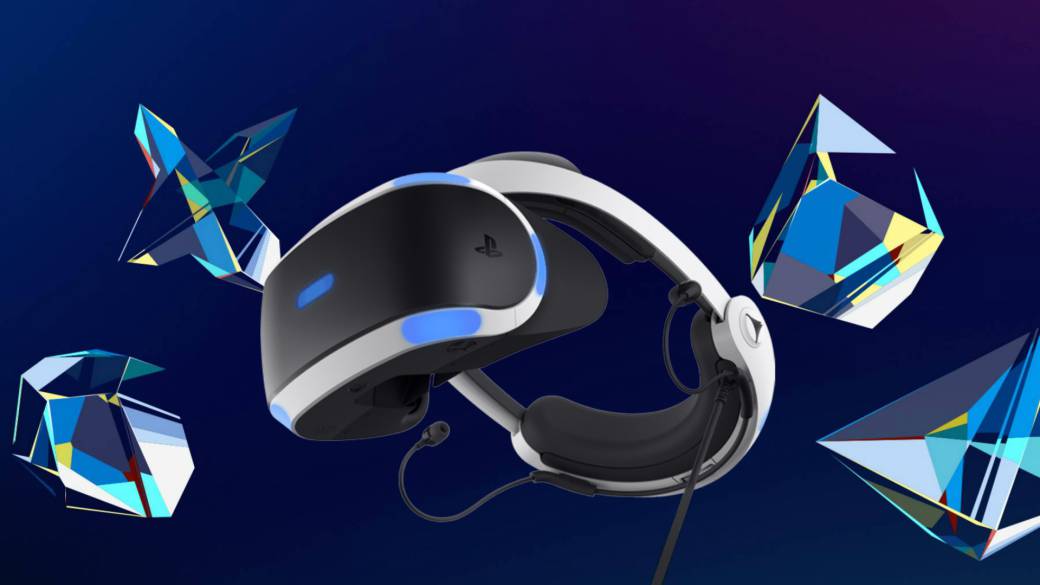
Phil Spencer, head of the Xbox division, said VR was not a priority for Project Scarlett because consumers don't demand it.
Microsoft sees problems in virtual reality, or so Phil Spencer, head of the Xbox division, said in an interview with Stevivor. The manager has explained that this technology is not a priority for Redmond because customers have not asked for such a device for their system. Shuhei Yoshida, president of Sony Worldwide Studios, has responded to these statements with a tweet. "We often work hard to do things that customers are not asking for," he said bluntly.
Do not forget that Sony Interactive Entertainment has opted for this technology. PlayStation VR, the virtual reality glasses that the Japanese company sold in 2016, has continued to receive support from the company, although plans for the future are unknown. With PlayStation 5 on the horizon, it has not yet been revealed if the tour will continue with a version of the helmets, although Sony has patented new glasses that suggest this path.
Microsoft, meanwhile, remains skeptical. Phil Spencer has said the following: “It isolates you, and I think the games are something collective, a kind of collective experience. We are responding to what our customers demand … and nobody has asked about virtual reality. ” The top Xbox leader invites platform users to consume VR on other systems. In addition, it points to the economic issue: "Nobody is selling millions and millions" with virtual reality "I think it may be achieved at some point, but no, it is not what we are focusing on."
(´-`) .。 oO (we oftentimes work hard to make things that no customers are asking for them)
– Shuhei Yoshida (@yosp) November 26, 2019
Half-Life: Alyx does bet on reality
Valve surprised his own and strangers with the announcement of Half-Life: Alyx, an exclusive virtual reality project that will go on sale in March 2020 for Steam. The game, designed from scratch for this technology, has been built with the idea that it is an immersive experience.
Of course, the data suggests that currently less than half of Steam users can run the game properly, since they do not have graphics cards ready for virtual reality. On the other hand, those who have HTC Vive and Oculus Rift do not reach even 1% of the clients of the Valve platform.
Source | Shuhei Yoshida (via Twitter)

